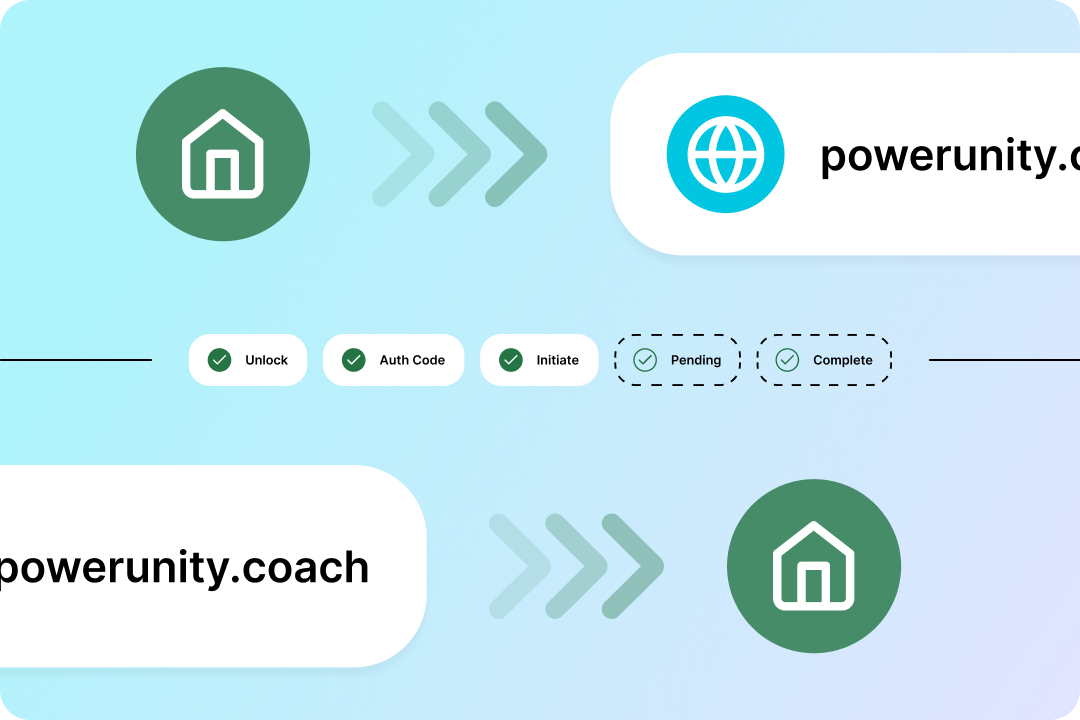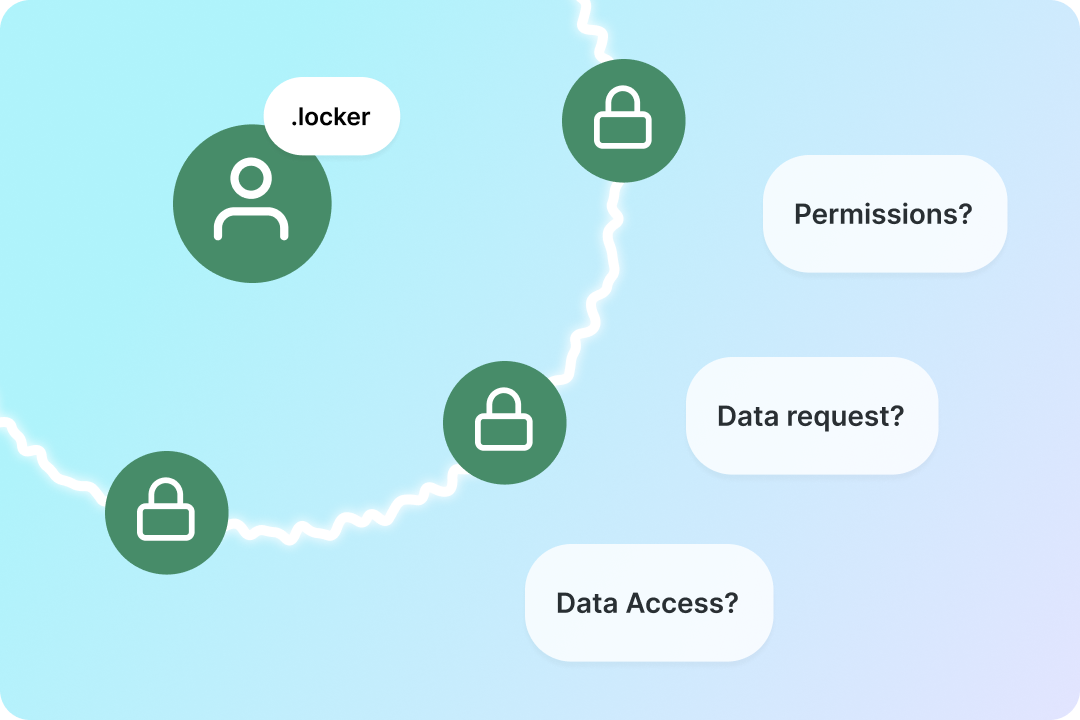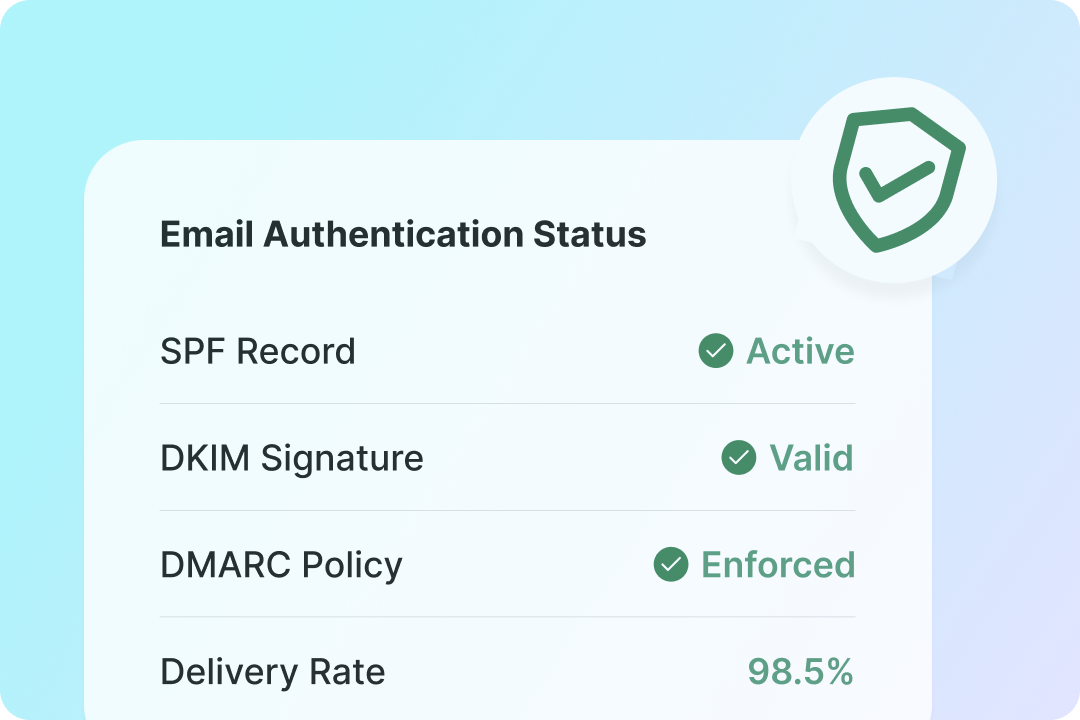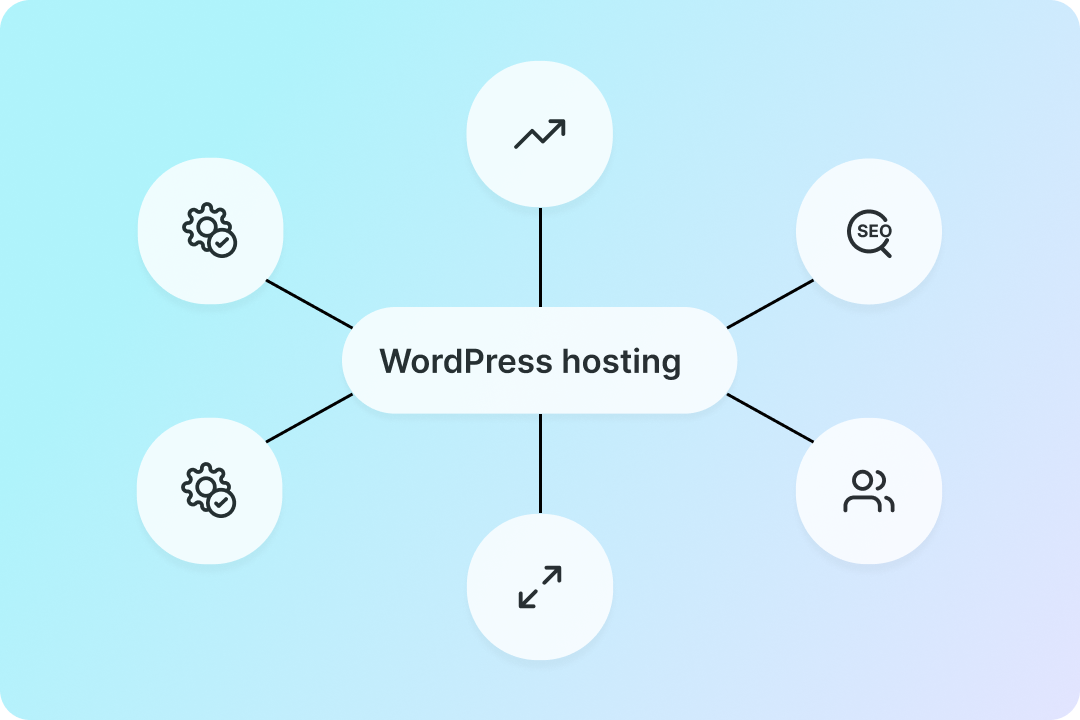Blog Articles

Understanding dot brand TLDs: what they are and why they matter
A strong digital identity starts with your domain—it’s like the front door to your brand online. For decades, businesses have built their presence under top-level domains (TLDs) such as .com, .net, or country-code options like .ca or .uk. In recent years, however, another category has emerged: branded, or “dot brand” TLDs. These give organizations the […]

What happens when a domain expires and what to do about it
When a domain expires, things can go downhill fast. Websites go dark, emails stop working, and, eventually, someone else could even grab the domain you built your brand on. Whether you manage your own domains or oversee them for clients, understanding how expiration works and what to do before and after it happens can help […]

New study uncovers 12 best practices to increase lifetime value
Most agency owners focus the bulk of their efforts on top-of-the-funnel activities: more leads, more deals, more wins. But long-term growth doesn’t come from the number of clients you sign—it comes from how long they stay, how much they spend, and how much value you create for each other along the way. That’s Client Lifetime […]

Busting the biggest myths about Web3 for domain resellers
Web3 is shaping the next phase of the Internet. As the next round of new top-level domain (nTLD) applications approaches, Web3 is becoming a bigger part of the conversation. The lines between Web2 and Web3 are starting to blur, opening new opportunities for domain resellers to explore. Still, there’s a lot of confusion about what […]

Domain investing or cybersquatting? How to tell the difference
Owning a domain name isn’t just about claiming your spot online; it’s about recognizing domains as valuable digital assets worth protecting. Most of us register a domain to create a digital home for our business or passion project. However, domains can also be registered by legitimate investors looking to generate a profit, or by bad […]

How domain transfers work
For many businesses, domains are more than digital addresses—they’re critical assets that anchor websites, email, and entire online identities. So when it comes time to transfer a domain, the process can feel high-stakes. Done well, it’s seamless and invisible. Done poorly, it risks downtime, customer frustrations, or even lost trust. Behind the scenes, transfers are […]

What is an MX record?
If you’ve ever wondered how an email travels from one address to another and ends up in your inbox, the answer involves something called an MX record. While it lives in the Domain Name System (DNS), its role is all about email: MX records point messages to the right servers so they actually arrive where […]

Self-sovereign digital identities: taking control in a decentralized web
Think about your digital footprint. Your accounts and profiles are spread across multiple platforms: social media, online shopping sites, email addresses, and countless other accounts for managing your day-to-day life. Each is probably managed by a third-party provider, asking for your personal data in exchange for access. The trade-off has long been clear: you get […]

Email authentication 101: a reseller’s guide to SPF, DKIM & DMARC
Any business that sends emails—whether transactional, marketing, or support—faces a growing risk of phishing, spoofing, and impersonation. If you’re managing an email service for clients or your own organization, you know these attacks aren’t edge cases anymore; they’re everyday threats. And without the right protections, even legitimate emails can miss the inbox, getting flagged as […]

What is WordPress hosting?
WordPress powers over 43% of all websites on the Internet, and with good reason. It’s flexible, affordable, open-source, and highly customizable, making it the go-to content management system (CMS) for everyone from first-time bloggers to enterprise e-commerce brands. But to get the most out of WordPress, you need the right foundation, and that’s where WordPress […]

